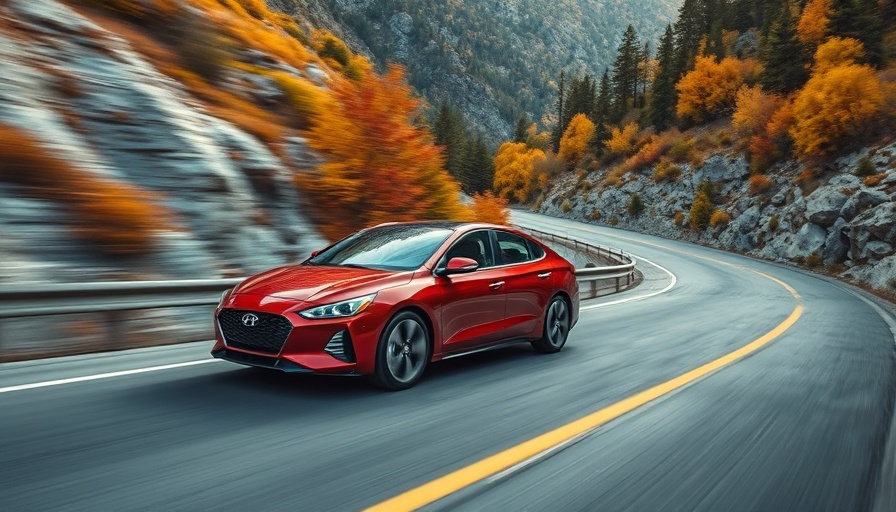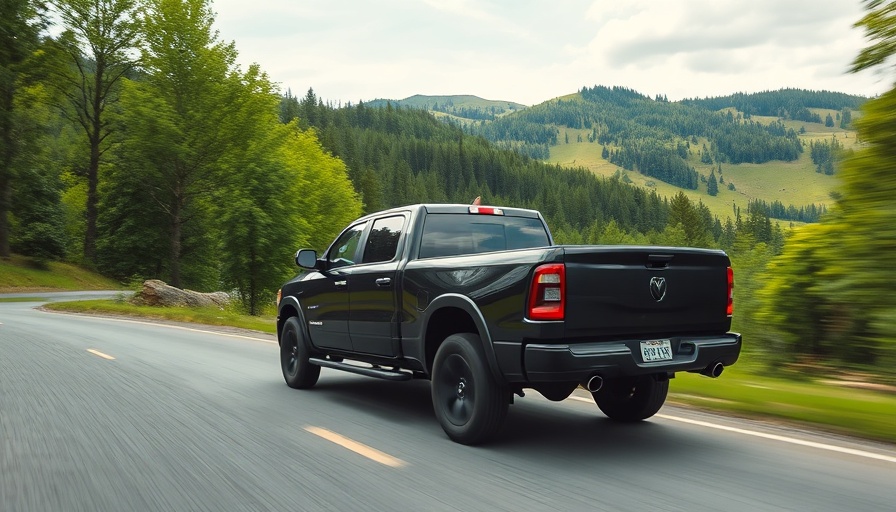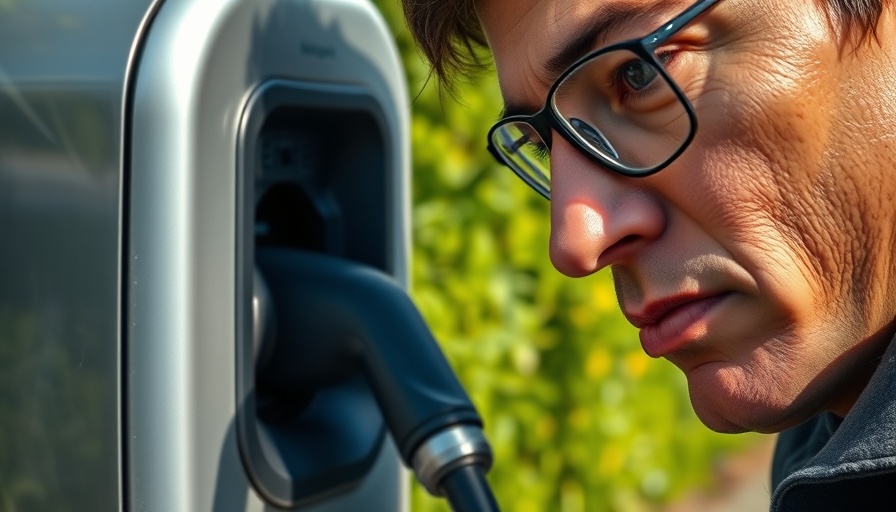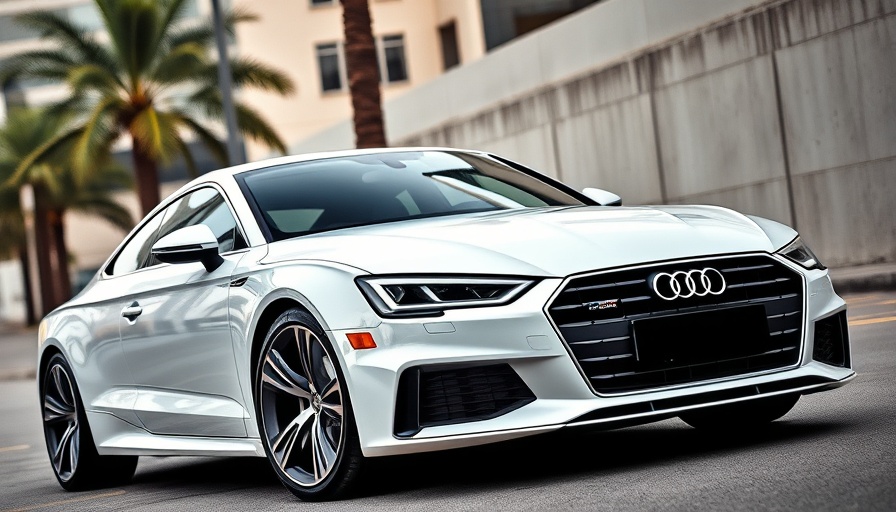
The Rise of Hybrid Vehicles: A New Era in Automotive Powertrains
The automotive landscape is evolving rapidly, with hybrids emerging as a formidable player in the electrified vehicle market. The recent Los Angeles Auto Show presented not just the latest in battery-electric vehicles (BEVs), but also showcased a robust lineup of hybrid models, illustrating that these vehicles have transitioned from niche to mainstream. This significant shift reflects changing consumer preferences and advancements in technology.
Understanding the Hybrid Resurgence
Hybrid vehicles, once perceived as underpinning a complicated and costly technology, are enjoying unprecedented popularity among consumers. According to Ed Kim, president and chief analyst of AutoPacific, this resurgence is largely due to consumers' readiness to embrace fuel-efficient alternatives without fully committing to BEVs. With substantial improvements in fuel economy and performance paired with a narrowing price gap, hybrids represent an attractive option for many.
Major Players and New Offerings
Several automakers are doubling down on hybrid technology, revealing their plans for new models at the auto show. For instance, Kia is expanding its hybrid offerings with the 2026 Sportage, which will include gasoline, turbo hybrid, and turbo plug-in hybrid options. Similarly, Jeep aims to replace its compact Cherokee SUV with a hybrid model by 2025, highlighting the commitment across different manufacturers to embrace hybrid technology as a core component of their lineups.
Reliability: A Key Selling Point
Reliability has been a pivotal factor in the growing acceptance of hybrid vehicles. A recent Consumer Reports study highlighted the impressive reliability ratings of many hybrid models, including those from Toyota and Lexus, which rank among the top 10 most reliable vehicles. Chris Harto from Consumer Reports emphasized how models like the Toyota RAV4 Prime and Corolla Hybrid demonstrate that hybrids offer stability without sacrificing performance.
A Market Shift Towards Hybrids
Sales data from Wards Intelligence reveals a staggering 35.8% increase in hybrid sales in the U.S. during the first eleven months of 2024, compared to the previous year. This growth underscores a significant market shift as consumers navigate their options. Notably, Karl Brauer, an executive analyst at iSeeCars, clarified that hybrids have become better understood and accepted over the past two decades, exemplified by the impending debut of the Toyota Camry exclusively as a hybrid.
The Impact of Fuel Prices on Consumer Choices
Interestingly, the fluctuating prices of gasoline have further influenced consumer preferences. Mark Osmers of the Rusnak Auto Group noted that as gasoline prices dipped, hybrids re-emerged as a viable choice against BEVs. The affordability of hybrid vehicles and their practicality in terms of range without the need for frequent recharges resonate with a market still hesitant about full electric solutions.
The Road Ahead for Hybrid Powertrains
As hybrids continue to gain traction, their role in the automotive industry will only become more pronounced. Dealership finance managers and owners must prepare for this shift, recognizing the opportunities in stocking hybrid models, understanding customer preferences, and adapting marketing strategies accordingly. With the automotive landscape tilting towards hybrids, those who quickly embrace this transition will find themselves at an advantage.
 Add Row
Add Row  Add
Add 




Write A Comment